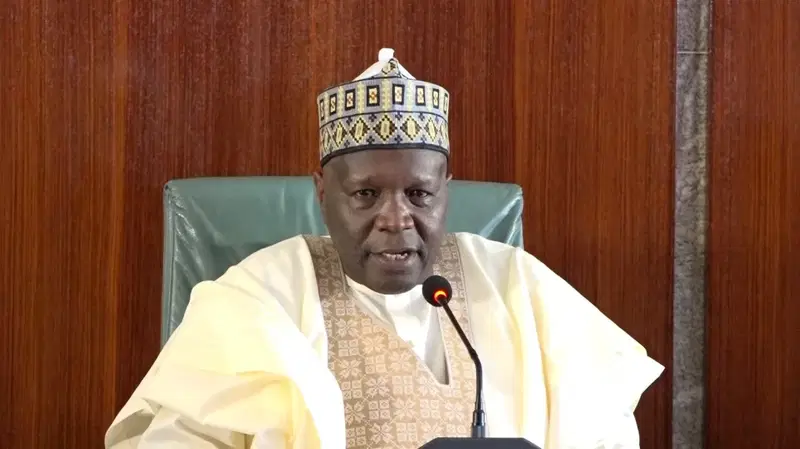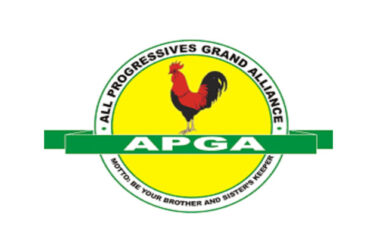Governor Inuwa Yahaya of Gombe State has clarified that the implementation of the newly proposed N70,000 minimum wage will include consequential adjustments, a process necessary for proper execution across Nigerian states. Speaking to State House correspondents after a recent meeting at the Presidential Villa, Abuja, Governor Yahaya emphasized the importance of taking the correct steps to ensure a smooth transition to the new wage structure.
During his meeting with Vice President Kashim Shettima, Governor Yahaya confirmed that Gombe State is well-prepared to implement the new wage. According to the governor, a committee has been in place since 2020, headed by the deputy governor, which has been working closely with labor unions and other key stakeholders to ensure that the transition is smooth and fair for all parties involved. He stressed that this process must be done properly, as it involves more than just an increase in pay—it requires a series of adjustments to ensure that every state is able to meet the new wage demands without facing financial strain.
In his own words, Governor Yahaya stated, “Most states have set up committees. In Gombe, we have a standing committee, which we had since 2020 and it is headed by the deputy governor. They are working with the labor unions and all other members to try to see that we get through; it’s a law, according to the Senate President.”
These comments from Governor Yahaya underline the fact that the new minimum wage, which comes as a response to the expiration of the old N30,000 minimum wage on April 18, 2024, is not simply a matter of paying workers more money. Rather, it is about ensuring that the appropriate adjustments are made to accommodate the new wage structure without disrupting state budgets. He further reiterated that for the implementation to succeed, the process must be carefully managed.
The term “consequential adjustment” refers to the necessary changes that need to be made to other salary structures within the state’s workforce. This includes recalibrating the pay of employees who were previously earning above the minimum wage, so that the wage increase does not cause imbalances within the state’s financial framework.










